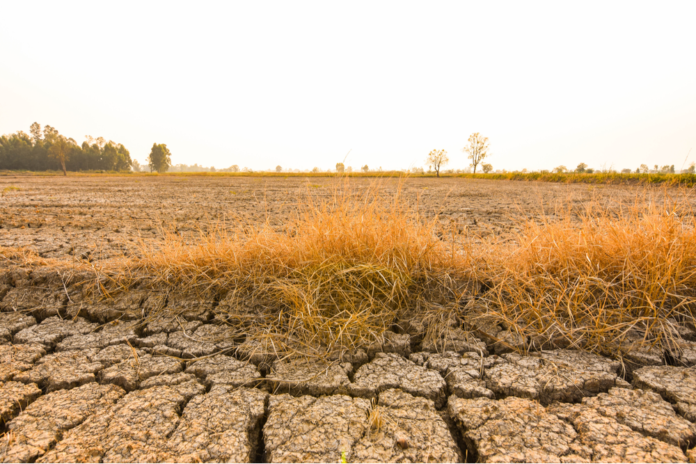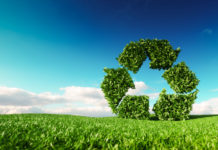“The energy crisis of the 1970s will take a back seat to the water crisis of the 1980s and 1990.” – United States Department of Agriculture, The Yearbook of Agriculture, 1981
Small Island Developing States (SIDS) are those coastal countries grouped based on certain characteristics they share. These include challenges in achieving sustainable development, vulnerability to external shocks and natural disasters, a highly embedded reliance on imports, and degradation of their natural resources, which contributes to the delicacy of their environment. Caribbean countries all fall into this category.
Water Supply & Scarcity
One issue that affects these vulnerable states is water scarcity, one of the most serious resource issues facing us today. According to analysis by the World Resources Institute, 37 countries in the world already face “extremely high” levels of water stress, meaning that their baseline water score is 5.0, which is the highest. 7 out of these 37 countries are Caribbean countries – Antigua and Barbuda, Barbados, Dominica, Jamaica, St. Vincent and the Grenadines, St. Kitts and Nevis, and Trinidad and Tobago.
The Food and Agriculture Organisation of the UN (FAO) defines countries like Barbados, Antigua and Barbuda, and St. Kitts and Nevis as water-scarce with less than 1000 cubic meters of m3 freshwater resources per capita.
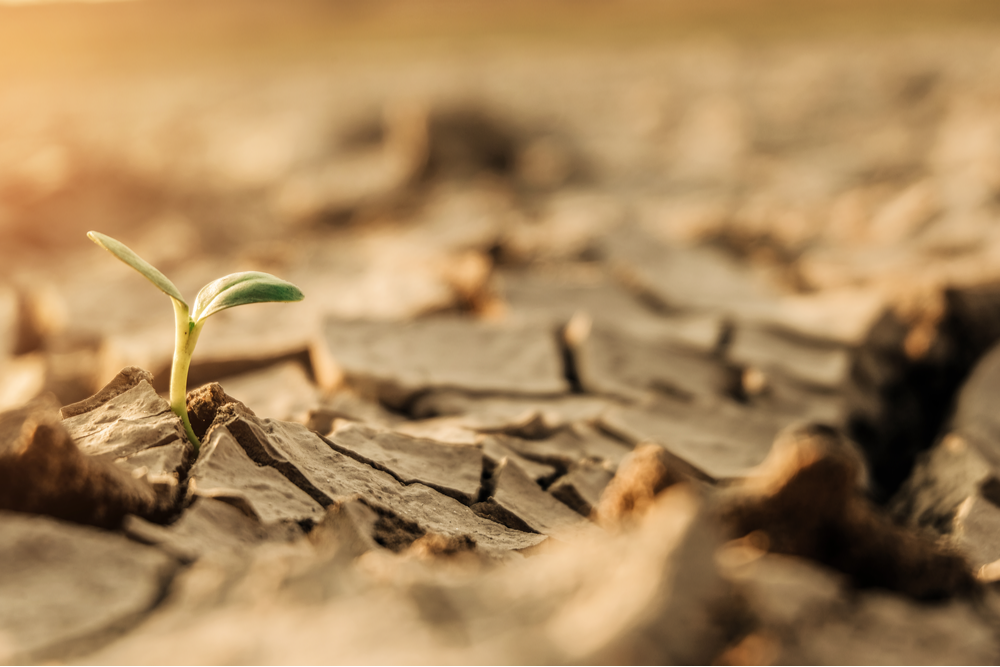
These island nations already encounter drought events every year, with low water availability often affecting agriculture and water resources. In 2015, the region recorded its most severe drought in five years.
Governments and utility companies across the region have implemented measures such as restrictions on watering lawns and washing vehicles, and water schedules, which limits water availability to preset days and times.
With sporadic rainfall and the strongest El Niño on record gaining strength, we have seen the land parching before our eyes and felt the heat stinging our backs.
The 2030 Water Resources Group reports that by the year 2030 if no action is taken, projected population and economic growth will result in global water demand exceeding global water supply by 40%.
In both developing and developed regions, the imbalance of water supply and water demand leaves a great portion of the world’s increasing population without sufficient potable water.
Water Scarcity if a Crisis
Although the three major water crises – diminishing freshwater supplies, unequal accessibility to water and corporate dominion of water – do not exist in isolation, the issue of decreasing water availability in Caribbean countries is a matter of great concern and one which requires attention to the proper formulation, implementation, and evaluation of policies.
Former British Prime Minister, Benjamin Disraeli, once said that the “predominant opinions are generally the opinions of the generation that is vanishing.” This venerable quotation is mirrored in the establishment and enforcement of environmental policies, and more specifically, water policies, in developing countries.
Despite the fact that water policy is, for the most part, regarded as an important matter, the incoherence of its formulation and implementation, through incomplete policy formulation and improper enforcement, attracts much disrepute. Indeed, the ‘status quo,’ concerning water policy is based on the practices of the past.
Innovation is the key to economic and social development. Young people have an important role to play in the progress, conservation, and advancement of the water sector. They have new ideas, which should be more seriously considered.
Breaking the mold will allow young people to take the reins of leadership or work alongside those in charge. Young people can be the leaders of today.
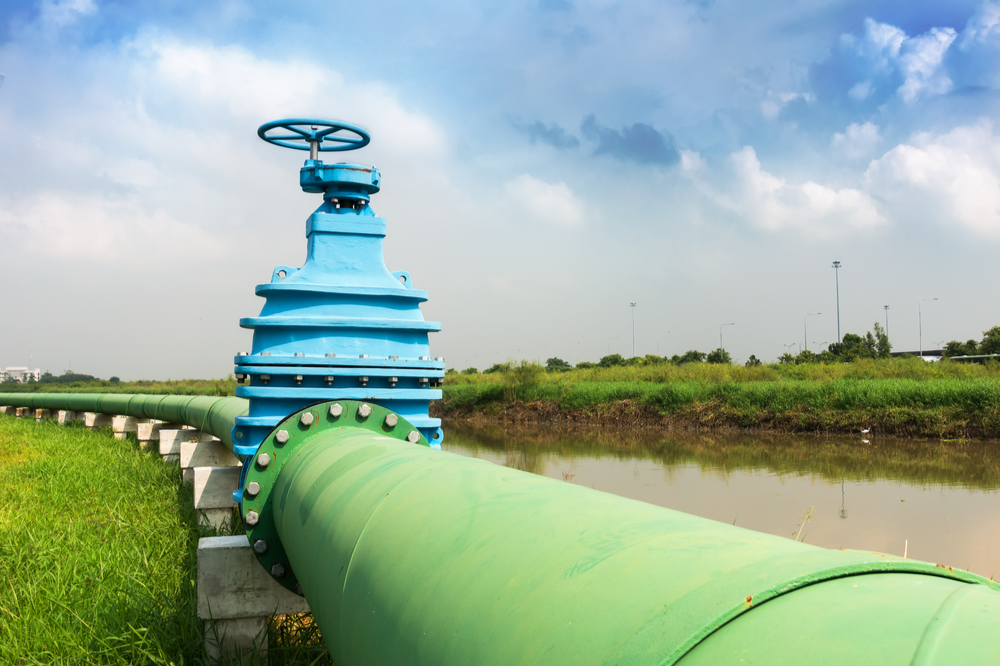
Obviously, there needs to be a complete paradigm shift. Water scarcity or water shortage is a part of daily life for many impoverished and developing nations. The key issue here is that many SIDS are now consistently unable to meet the demands for water and the future looks grim unless water issues are placed on the front burner.
Although the levels of water scarcity and the contributing factors to water scarcity vary across the earth, a salient fact is that the list of countries most affected by water scarcity is densely populated by SIDS.
Water security is vital for SIDS to make progress on the path toward development. Water policies must deliberate on the significant changes that have occurred over the past decade while holding with high regard the changes that are probable to transpire in the future.
Caribbean countries must not fall prey to a habit of shadowing the policies of other countries without making proper adaptations to fit their own society and culture. For example, the West African Regional Action Plan (WARAP) for Integrated Water Resources Management (IWRM), is not applicable in a Caribbean country in a wholesale manner.
Why? According to the Global Water Partnership (GWP), IWRM seeks to promote the coordinated development and management of water, land, and related resources in order to maximise economic and social welfare in an equitable manner, without compromising the sustainability of important ecosystems and the environment.
While there is merit in the WARAP and there are important lessons Caribbean countries can learn from it, the very core of this IWRM plan is the provision of means to deal with the transboundary movement of water through the Niger, Volta, and Senegal rivers. Caribbean countries on the other hand is a region of islands and is not landlocked to share resources.
The very essence of IWRM is based on specific social dimensions and requires attention be paid to social impact assessments, workplace indicators, and other endemic factors, which shape sustainable water policy. Caribbean governments should look at the best practices that are available and make alterations that can achieve the best outcomes.
Civic responsibility and awareness
The goal is to build a social consciousness based on the ideals of awareness, conservation and preservation. Water policies should not be solely technical and stoic in nature. They must be made applicable to the youngest citizen.
Diversification of social interests and agendas must begin when one’s concept of self is developing. This will by no means be a simple task, but one that must be undertaken.
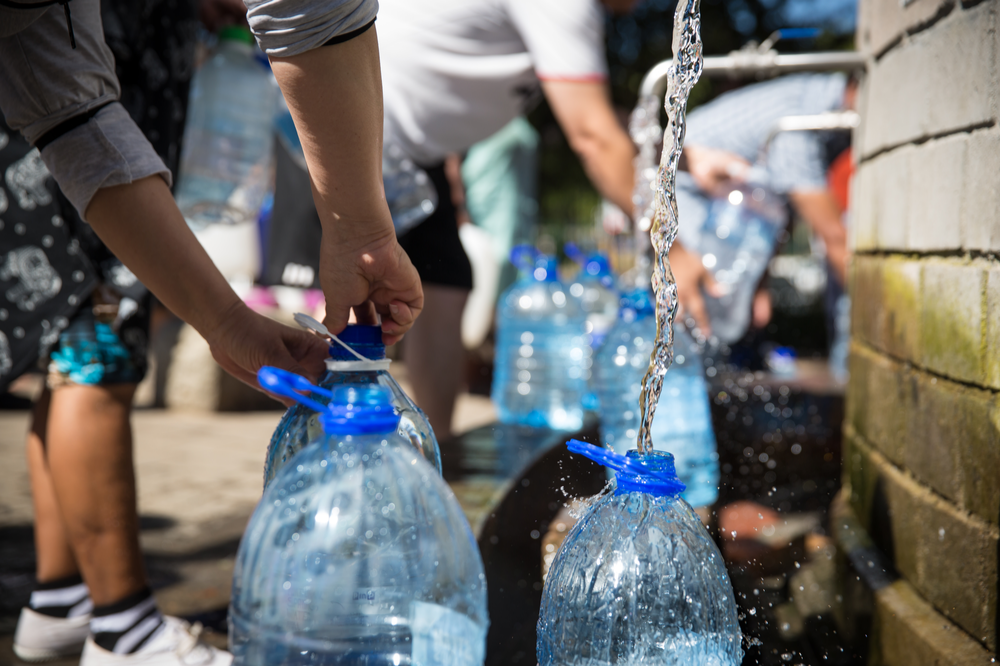
Water security needs to be a priority in adaptation to global changes.
Whilst developing countries can deal with this more effectively, SIDS find themselves trapped in poverty and debt and are unable to buy their way out of water scarcity, so they must find alternative ways to approach the matter.
Although water issues are trickling into the policy-making rooms, there needs to be a more serious consideration, particularly in the development of agriculture and industrial sectors and commercial centers. Failure to do this will affect everyone.


